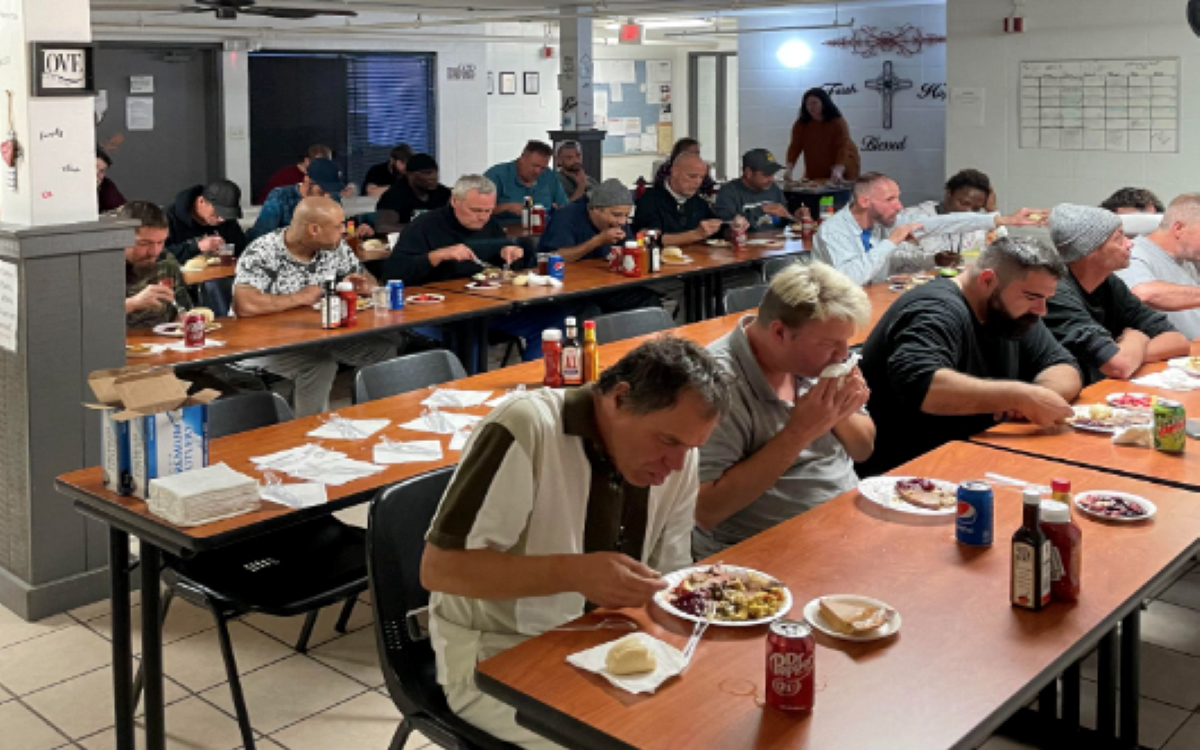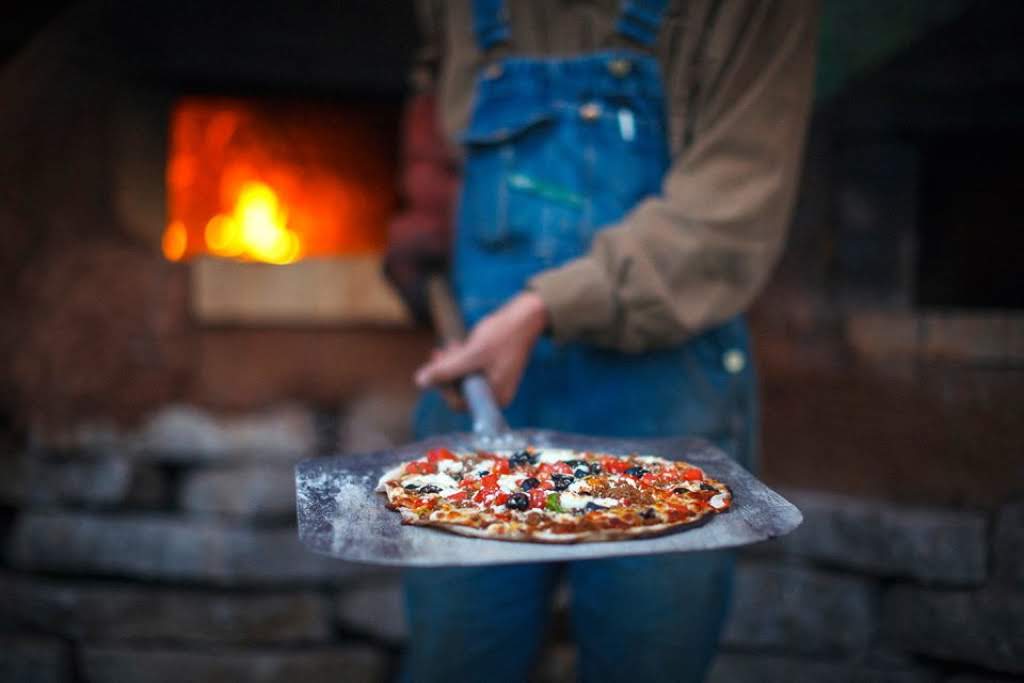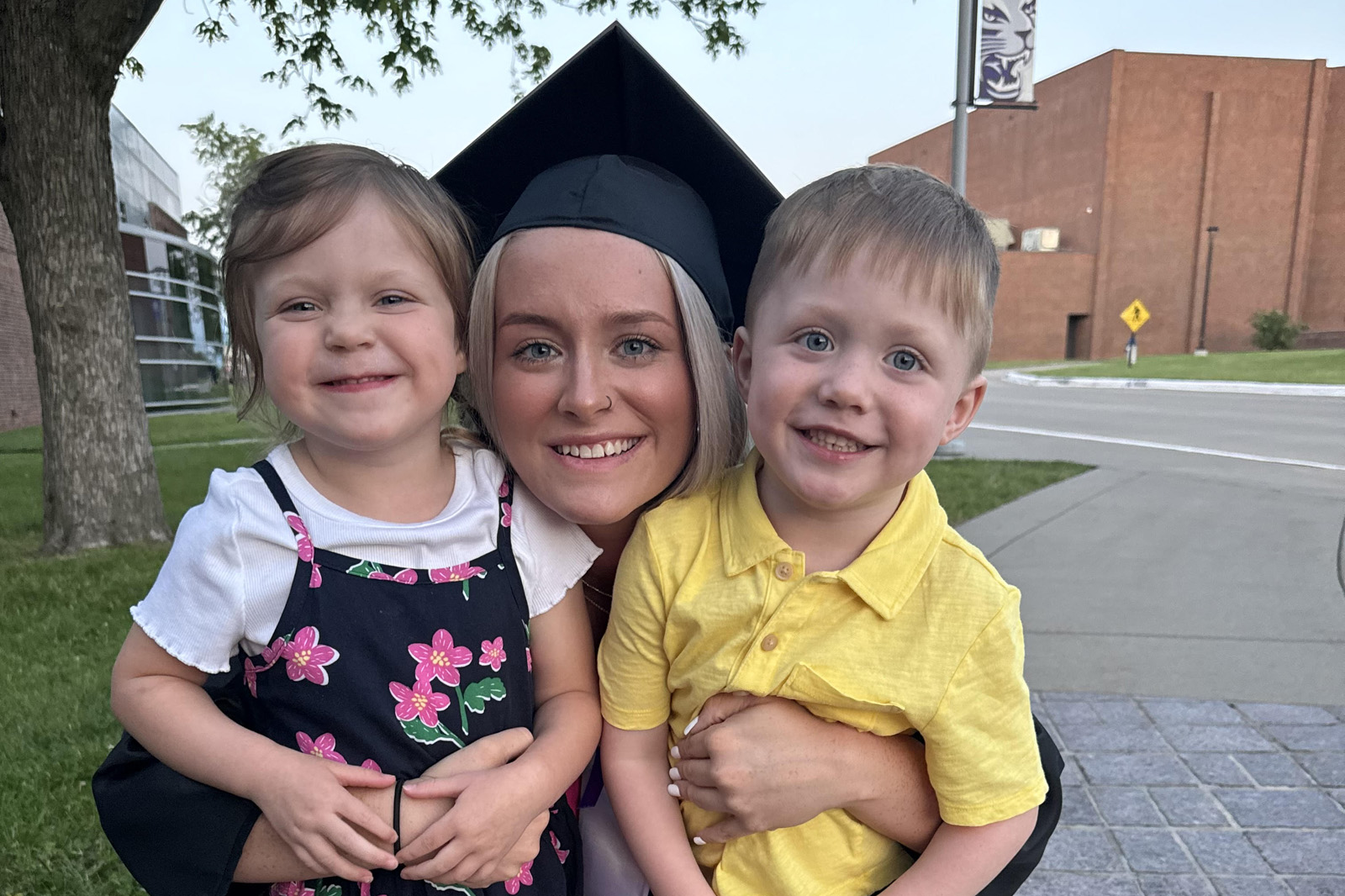OPINION |
The headline caught my attention: “Places with high religious participation have fewer ‘deaths of despair.’”
Because the article was on a paid subscription site, I got to see only one chart showing information with improved statistics. Reading a snippet of the story, I was intrigued and found portions of it on another media outlet. The overview shared that “deaths of despair” being drug overdose, opioid epidemic, and alcohol-related illness including suicide are on the decline among middle-aged Americans. Why? Because of an increase in social relationships forged through religious participation.
The researchers found that states with citizens exhibiting higher attendance at religious services had fewer deaths of despair. The study examined over 100,000 men and women for nearly two decades, finalizing their research when the participants reached middle-age. However, how drastic could the outcomes of the participants have been if the research had started a decade earlier and at an earlier age encouraged religious participation?
Many years ago, when my children were involved in a youth group, their youth pastor would say, “Show me your friends and I’ll show you your future.”
Friendships from age 12 critical to shaping your life
Friendships developed from age 12 and onward begin impacting the child’s decision making. This is why parental guidance toward choosing friends is most critical for children around age 12. Young adolescents start learning how to navigate key friendships in middle school and high school, which in turn lays the foundation when older youth enter the most impactful decade, 18-28. This is the most pivotal decade in life, shaping a person’s future with lifelong consequences.
When I was 18, my parents divorced, and it was one of the most heartbreaking experiences I had been through. Our family had attended weekly services at a local church, and each weekend I attended youth activities. Being a part of the church from a very young age to late teens and developing positive friendships had given me stability and security. But the divorce seemed to have shattered my solid foundation.
One day I was sad beyond words. Honestly, I was angry with God that He had allowed the divorce to happen.
I had just finished waitressing the lunch shift and did not know where to go afterward. Home now permeated with sadness was the last place I wanted to go. After driving for about an hour, I somehow ended up at the local church I had grown up in. I entered the large sanctuary, curled up behind the fifth pew, and just wept. I longed to regain the stability and security of my childhood and early teens.
Soon I was joined by another person. It was the pastor under whose ministry I had grown up. In his deep, very recognizable voice he said, “God sees you and will provide what you need. Don’t get distracted by the pain. Reach out to your friends who will pray for you. They will hold you up when you can’t stand.”
Immediately, an inner peace and strength came over me, and I knew exactly whom I needed to call. Rather than coping with the pain through a “death of despair” mechanism, I reached out to my friend Renae, whom I’d known since youth group and had ended up with as a college roommate. Renae prayed the most beautiful prayers and journeyed with me as I worked through the pain. This social relationship forged through religious participation paved the way for much needed support and strength.
Look at how your friends are impacting your future
We are now in the middle of Lent, during which many Christians take 40 days as a season of prayer and sacrifice in preparation to celebrate the Lord’s resurrection at Easter. One of my Catholic friends told me, “Forty days is the perfect length of time to reset from a bad season and to be fresh for a new one.” She is right.
Jesus himself spent 40 days in the wilderness before beginning His earthly ministry. It’s a great time to evaluate your present decisions and to assess how these are affecting your future. Take a look at your friends and see how they are impacting your future. If your children are still home, create an opportunity in conversation for them to evaluate their influences. Will your children’s friends offer a “death of despair” antidote or hold them up in prayer? Do your children have the opportunity to develop friendships in a religious or church setting?
Easter is Sunday, April 9. Perhaps this is a perfect time to begin a reset and find a church that will let social interactions build friendships — relationships that will hold you up when you can’t stand as Renae did for me. By the way, Renae and I still stay in touch, and without a doubt, I know I could reach out to her and she’d be there for me.
Show me your friends and I’ll show you your future. And if you’re wondering, God does see you in your times of dejection, despair, and doubt. He has someone standing by to help face you toward His choice of future path.





